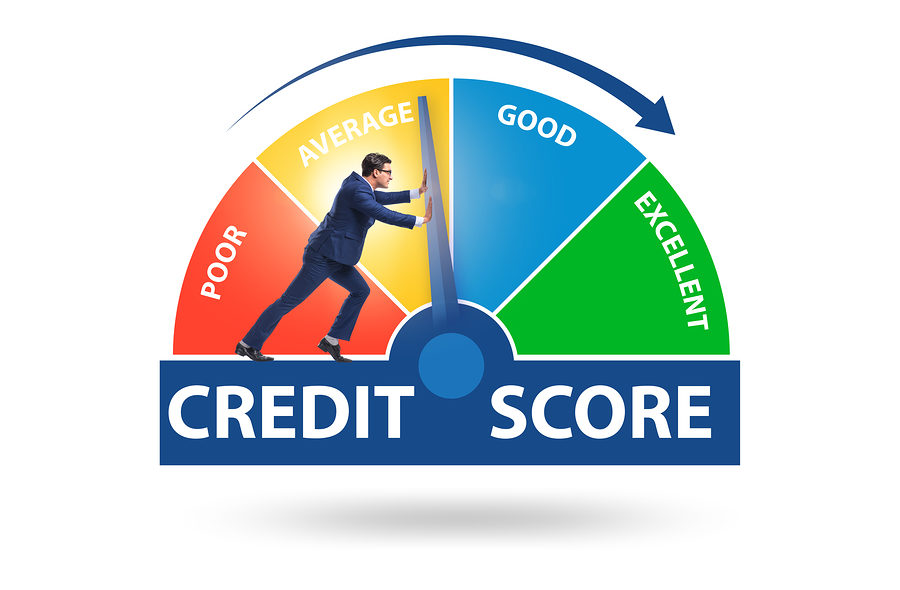The coronavirus (COVID-19) pandemic has put many Americans in a difficult financial situation. While many are out of work either temporarily or permanently, others have found their salaries cut indefinitely as companies ride out the pandemic. The financial struggles that countless consumers are facing has put their own personal financial situations at risk, including their credit scores. Here are some tips to help protect your credit score during the pandemic.
File for Unemployment.
One of the first things a person should do after being laid off due to the pandemic is to file for unemployment. Due to the unprecedented conditions brought on by the COVID-19, the Coronavirus Aid, Relief and Economic Security Act (CARES Act) expanded the eligibility terms for unemployment benefits. These benefits now extend to freelancers and contract workers. Additionally, the CARES Act has provided an additional $600 per week for those who qualify.
Contact your Creditors.
Creditors will not know that someone is facing a financial hardship without it being brought to their attention. They are aware that COVID-19 has put many consumers in dire straits, but unless the consumer contacts them directly, they will assume that all payments will be made on time. It never hurts to at least reach out to the creditor, let them know about the situation, and see what can be done to lessen the burden during this time.
Explore Debt Relief Programs.
During this time, many lenders are also being understanding when it comes to deferment or forbearance. Credit card companies and mortgage lenders are allowing consumers who are facing financial hardship as a result of the COVID-19 pandemic apply for a deferment or forbearance on their debt. However, to receive this relief, the consumer must request it as it will not automatically be applied. By putting this debt on hold temporarily, the consumer will be able to free up money to pay for necessary, day-to-day expenses.
Eliminate Discretionary Spending.
If someone is going through a time of financial hardship, sticking to a budget is critical. Avoid any unnecessary purchases and see what items can be cut from your monthly expenditures.
Utilize Emergency Funds.
The pandemic and job loss certainly constitute accessing any emergency funds available. Take out only what you need and try to replenish what was taken out once you return to work and stability returns.
Things Not to Do.
All of these steps thus far have been proactive ones to keep someone from damaging their credit score. But there are certain behaviors that will almost always result in hurting a person’s credit score. The first of these is missing one or more payments. For every late or missed payment, a consumer will see his or her credit score drop. Additionally, as these accounts become delinquent and go into collections, this will put the person in an even worse situation by facing a debt collection lawsuit and subsequent wage garnishment.
Please click here to read more.
If you have questions on this topic or are in financial crisis and considering filing for bankruptcy, contact an experienced Miami bankruptcy attorney who can advise you of all of your options. As an experienced CPA as well as a proven bankruptcy lawyer, Timothy Kingcade knows how to help clients take full advantage of the bankruptcy laws to protect their assets and get successful results. Since 1996 Kingcade Garcia McMaken has been helping people from all walks of life build a better tomorrow. Our attorneys’ help thousands of people every year take advantage of their rights under bankruptcy protection to restart, rebuild and recover. The day you hire our firm, we will contact your creditors to stop the harassment. You can also find useful consumer information on the Kingcade Garcia McMaken website at www.miamibankruptcy.com.

